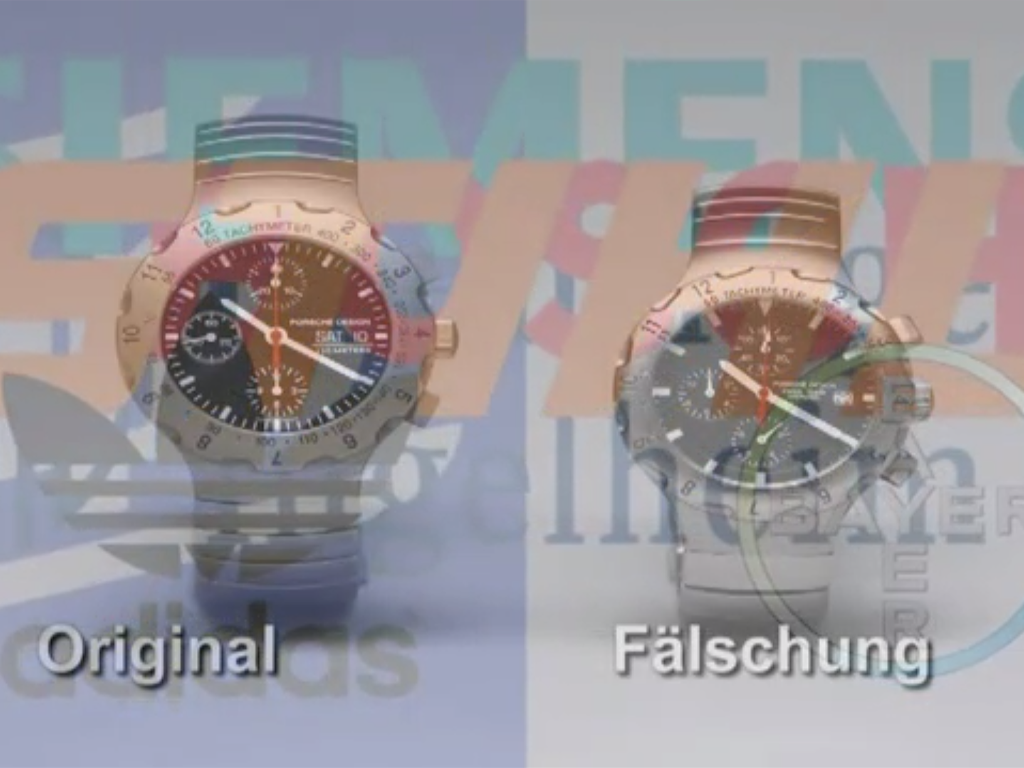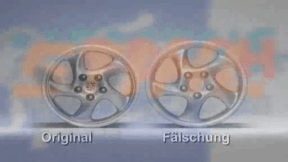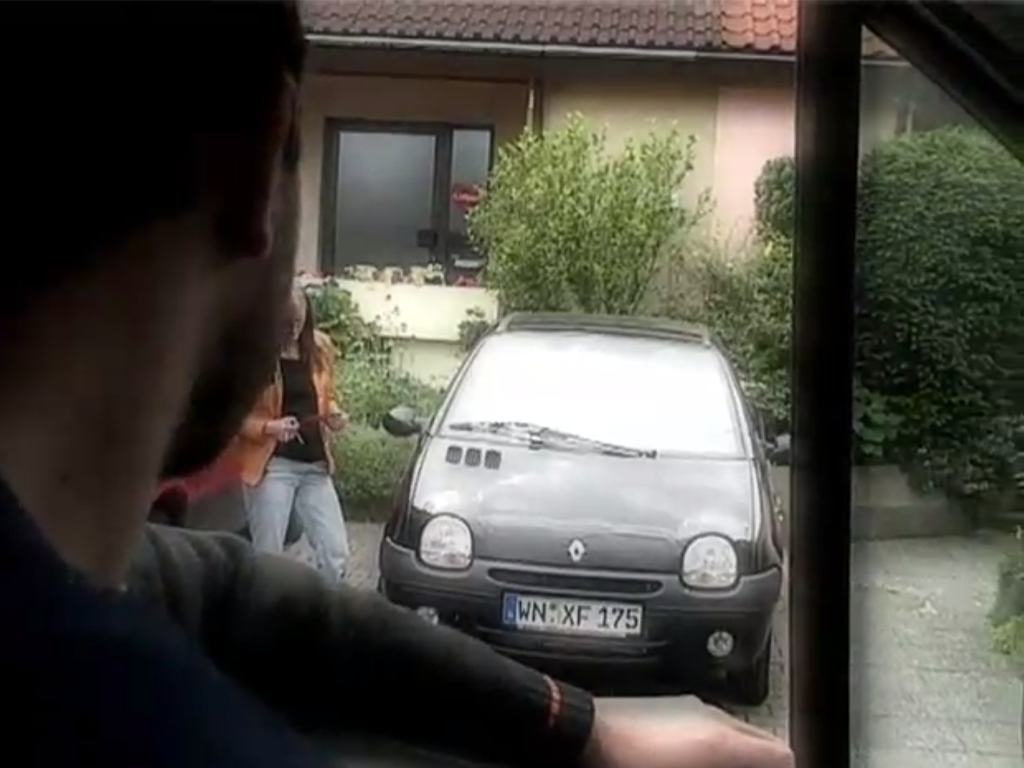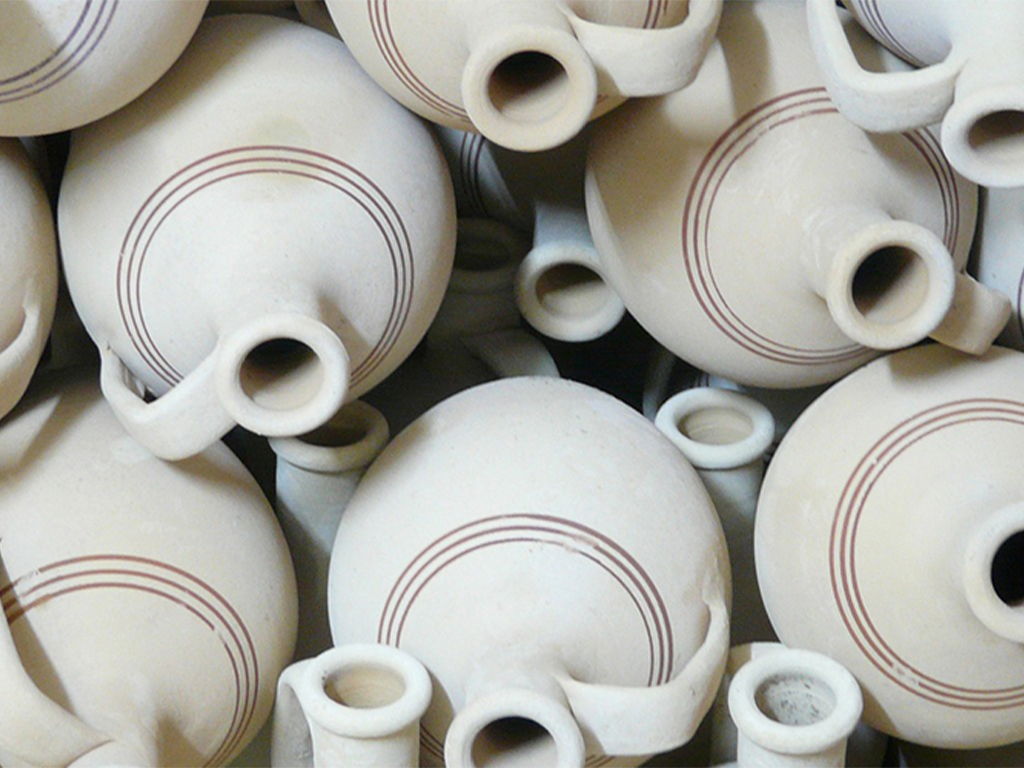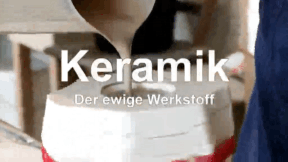 Biology, History
Biology, History
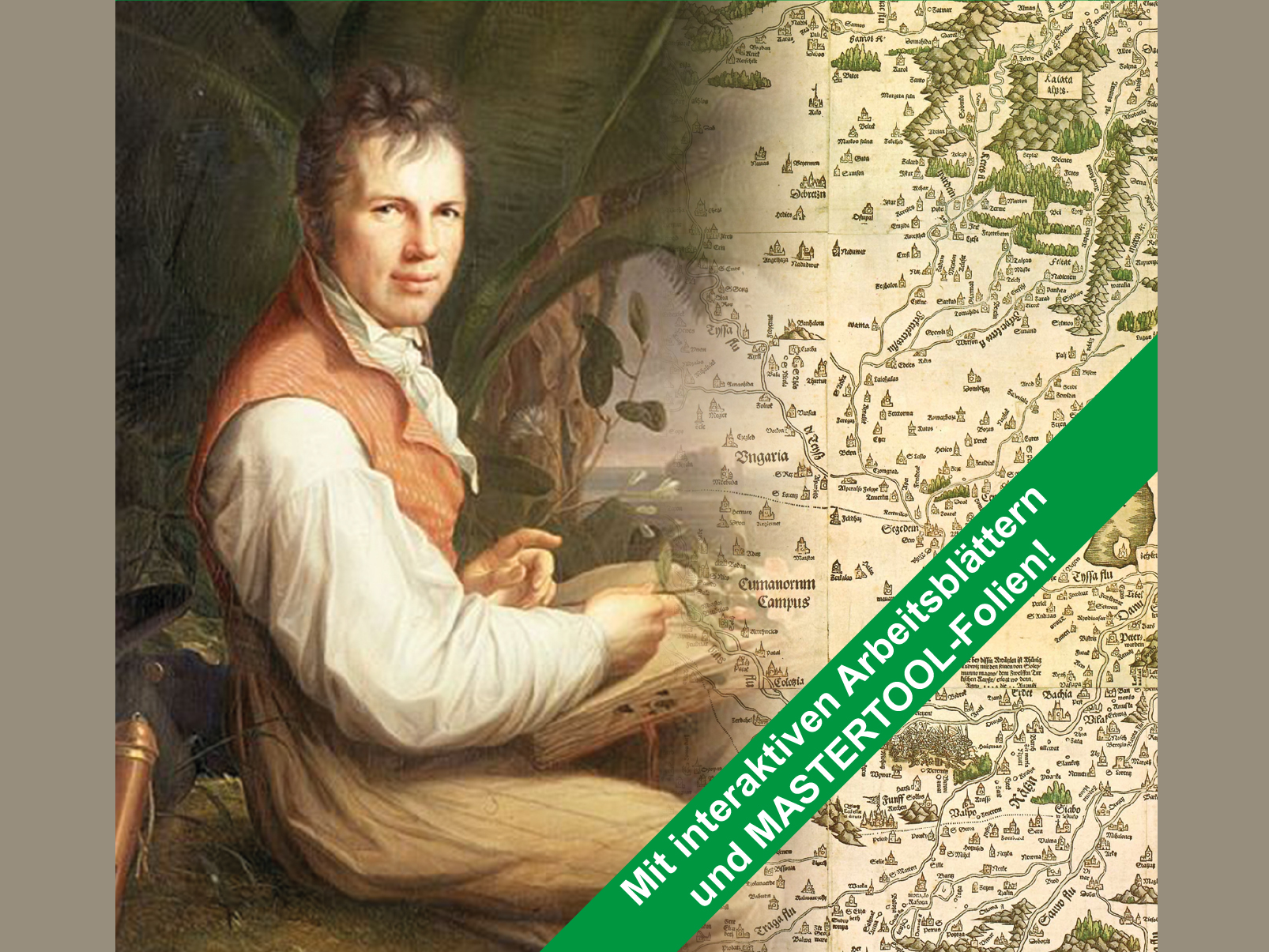
4671641 / 5561465
Alexander von Humboldt
His Work and Legacy up to Our Time
The name of Alexander von Humboldt, who is considered the last polymath and is still admired as second discoverer in Latin America, is omnipresent. Schools, ships, mountains, rivers, squares are named after him; but above all animals and plants were given his name. But what about his natural history legacy and heritage in our time?
Alexander von Humbold was born on September 14, 1769 as his parents’ second son. He grew up with his brother Wilhelm, who was two years older, on the family estate at Tegel, which both called “Boredom Castle”.
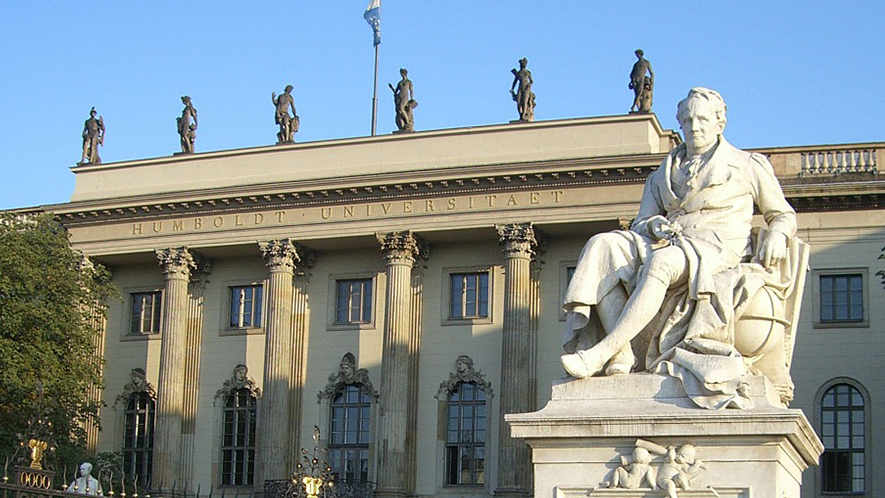
Curriculum-centred and oriented towards educational standards
Matching
Product Piracy
Counterfeiting takes place in almost all economic sectors – textiles, watches, car parts, machine parts, tools, accessories, software and medicines. Some counterfeits are easy to recognise, others are so well-executed that even experts have difficulty distinguishing between original and imitation. This DVD covers the development of a product from idea to manufacture. Once a product has become a trademark, product pirates appear on the scene.
Stalking
n Germany, 12 % of all federal citizens are pursued by a stalker once in their lives. And not only celebrities are among their victims! Everyone may be confronted with such a situation.
Ceramic
Ceramics are indispensable in our everyday lives. We eat from ceramic plates, drink from ceramic cups, use tiled ceramic bathrooms. But how is ceramic manufactured? The film reveals the secrets of this fascinating material! We get to know more about the beginnings of ceramic in the Old World of Egypt and Mesopotamia, about Greece, China and Rome. We gain interesting insights into the valuable earthenware and are also shown the exquisite further development of the "white gold". Today this versatile material is irreplaceable in industry, too. Whether in space or as an easily compatible substitute in medicine, ceramic is applied in many places.




